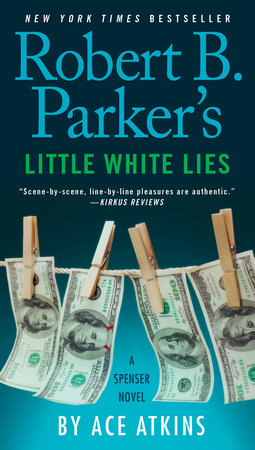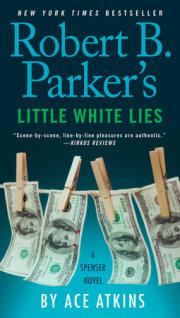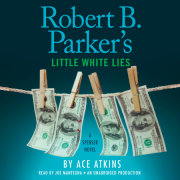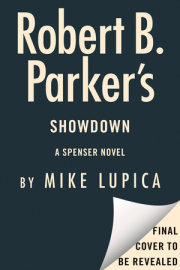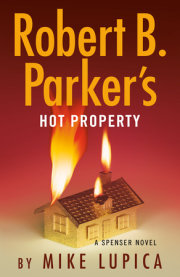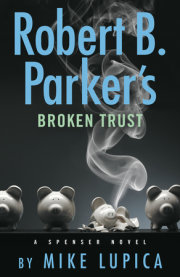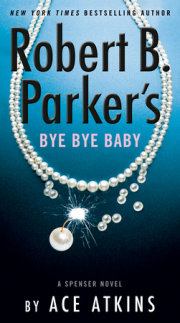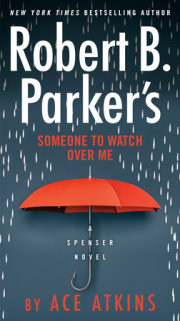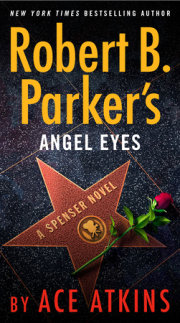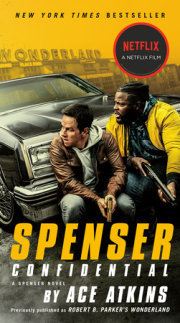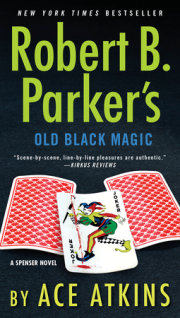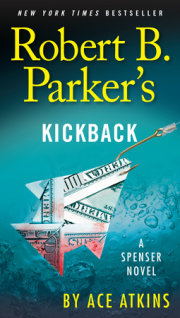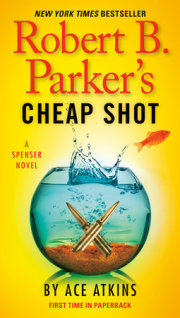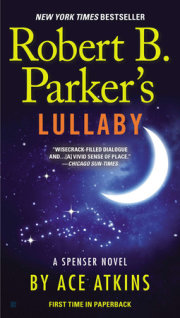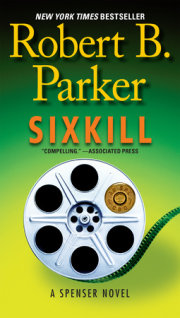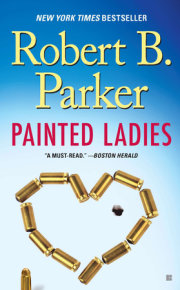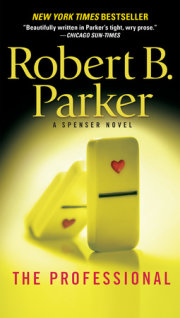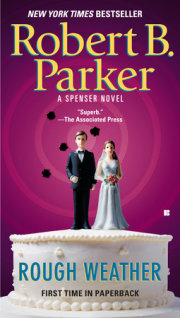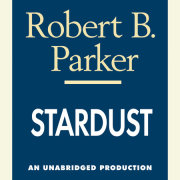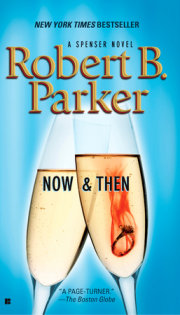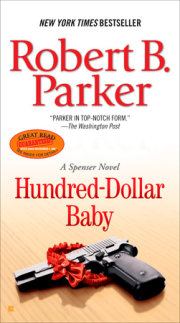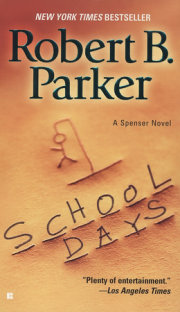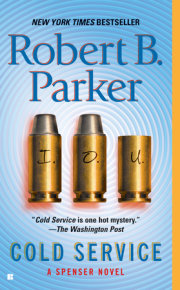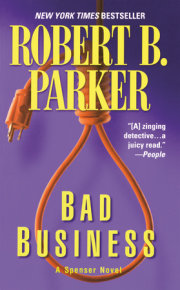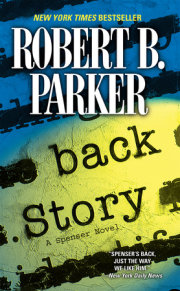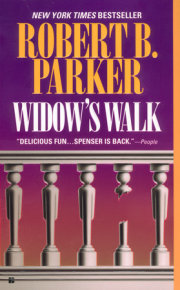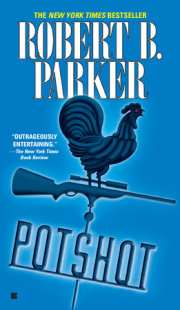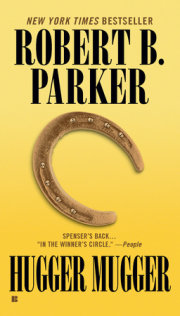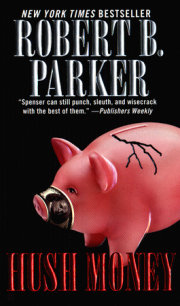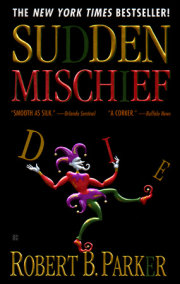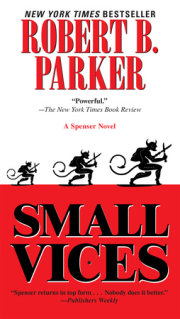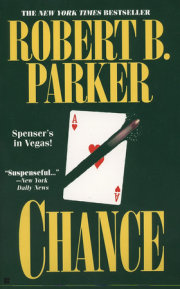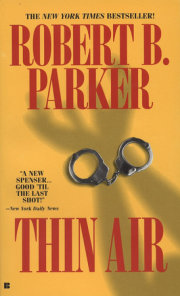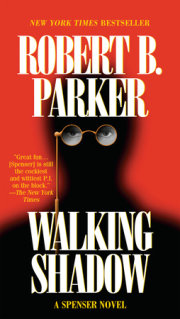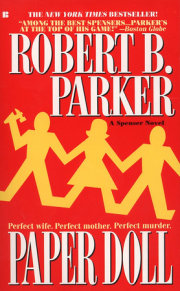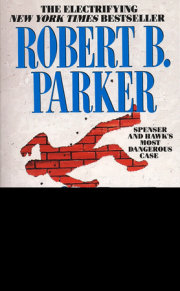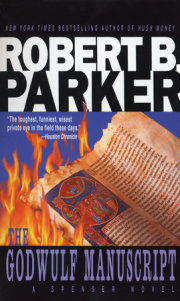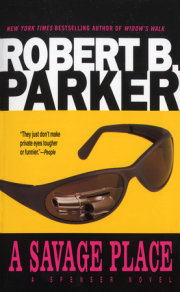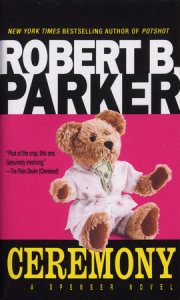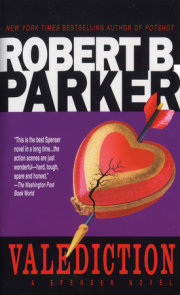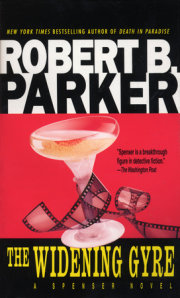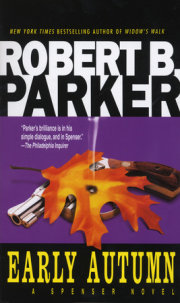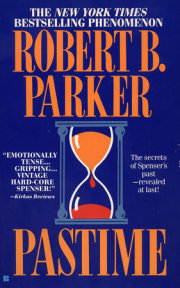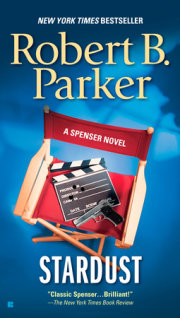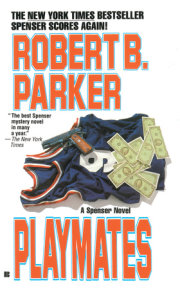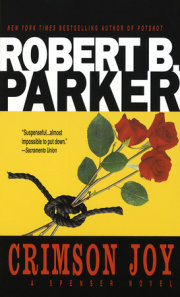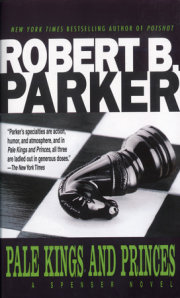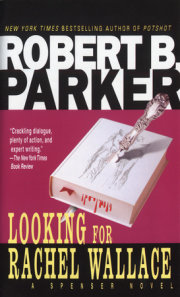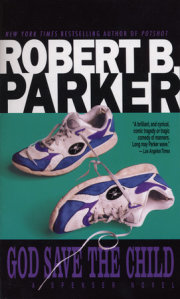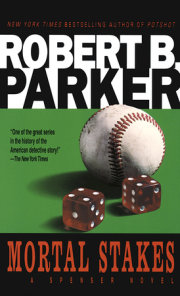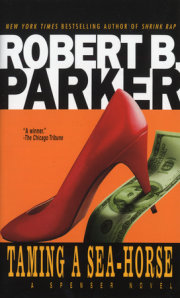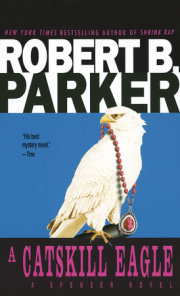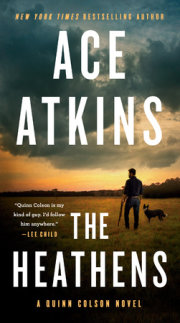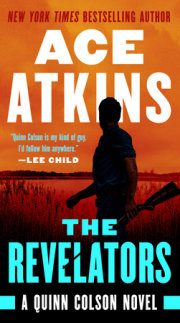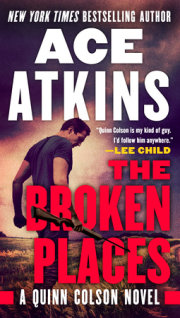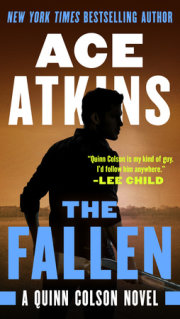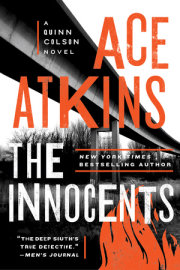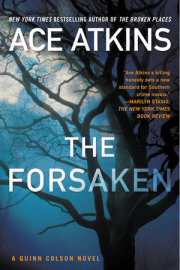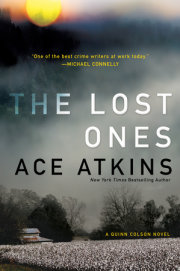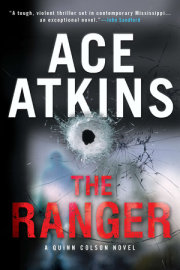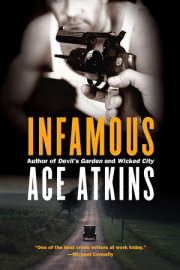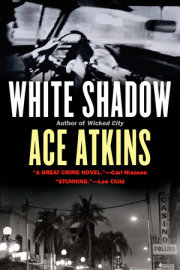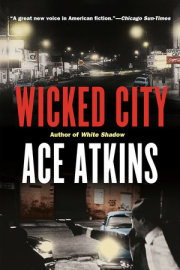1
Dr. Silverman thought you might help,” Connie Kelly said. “She said you’re the best at what you do.”
“I do many things for Dr. Silverman,” I said. “Although my chosen profession is the least important of them.”
“So I take it you’re more than friends?”
I nodded, adding water to the new coffeemaker sitting atop my file cabinet. I’d recently upgraded from Mr. Coffee to one of those machines that used pre-measured plastic cups. I placed my mug under the filter, clamped down the lid, and returned to my desk. Demonic hissing sounds echoed in my office. Where have you gone, Joe DiMaggio?
“God,” Connie said. “I feel like the biggest idiot in Boston.”
“I wouldn’t worry about that.”
“Why?”
“That’s quite an elite club,” I said. “The line stretches all the way from Mass Ave down to Mattapoissett.”
“I thought I loved him.”
“Did he say he loved you?”
“Of course,” she said. “That’s how I found myself back in therapy. I haven’t been to see Dr. Silverman for years. I thought I was cured.”
“Dr. Silverman might say therapy isn’t a cure,” I said. “It’s a process.”
“She’s a very intelligent woman.”
I gave Connie a big smile, letting her know I echoed the sentiment. When the hissing and spitting ceased, I retrieved the mug and a carton of milk, a few packs of sugar, and a clean spoon. I set them on the desk near her and returned to my seat.
“I’ve worked a lot of unusual jobs,” I said. “But I have to admit, helping with relationships isn’t my specialty.”
“I don’t want help,” Connie Kelly said. “I need to know who he really is.”
“You mean deep down?”
“I know he’s a phony, a liar, and a two-timing, backstabbing son of a bitch.”
“Yikes.”
She busily added sugar and milk to her coffee with shaking hands. Despite her mood, Connie Kelly was dressed in a white sleeveless silk top with a black pencil skirt adorned with chrysanthemums and a pair of black open-toe heels that highlighted her shapely calves. Her toes had been painted a festive red.
“As true as that might be . . .” I said.
“Wait,” she said. “There’s more.”
Being a trained investigator and a master listener, I waited. Pleasant city sounds drifted up from Berkeley Street on a cool, almost fall-like breeze. I leaned back in my chair, resting my hands on my thighs, still dressed in a sweaty gray T-shirt and running shorts. I had intended to check my mail, not meet with a client. But she’d been there waiting before I opened the door.
“He has two hundred and sixty thousand dollars of my money,” she said. “He swindled it from me and then disappeared.”
I withheld from snapping my fingers and saying, “Now we’re talking.” Instead, I nodded with grave understanding. The promise of money made me quite attentive, especially after a slow summer and losing my apartment and all my worldly possessions in a recent fire.
“I don’t even know if M. Brooks Welles is his real name.”
“That name sounds familiar,” I said. “Should I know him?”
“Are you a member of many social clubs?”
“Does the corner barstool at the Tennessee Tavern count?”
“Hardly,” she said. “When we were together, he seldom passed on a charity event or dinner invitation. Come to think of it, I never saw him pick up a check. People loved being around a guy who got his face on TV.”
“Actor?”
“Worse,” she said. “Pundit.”
She ran down the names of several cable news channels where Welles had appeared as an expert. I inquired about his area of expertise.
“He said he was in the CIA,” she said. “He spoke on terrorism, military affairs, politics. Mainly how we’d failed to keep our country safe. He was a very popular speaker after the marathon bombings. He said the current administration and their liberal policies had failed us.”
“How, when, and under what pretense did Mr. Welles take your money?”
Connie let out a long breath and reached for the coffee with both hands. She sipped and with great care returned the mug to the desk. “It’s so naked and awful,” she said. “It was two months ago. Real estate.”
“Let me guess,” I said. “A foolproof investment?”
“Land up near Walden Pond,” she said. “He said he’d hunted there as a boy and the place had given him great solace.”
“The only thing I knew people to hunt around Walden Pond were rats.”
“I didn’t ask many questions,” Connie said, shaking her head, her eyes growing moist. “I didn’t ask him anything at all. I met very few of his friends and no family.”
“Love is blind,” I said.
I toasted her with my mug. She smiled for the first time since entering my office. “Bryn Mawr. English.”
“You and Kate Hepburn.” I reached for a yellow legal pad and my pen. “What is it that you’d like me to do?”
“I want you to run a background check on him.”
I shrugged. “You could do that online. You don’t need me.”
“And,” she said, “I want my goddamn money back and his ass hanging out to dry.”
“Ah.”
I wrote down a few notes, taking care with the details about his ass drying out. I put down the pen and drank some coffee. After running five miles, I was having fantasies about stopping off at Kane’s for a couple of old-fashioneds to replenish my carbs.
“I’m four hundred dollars a day,” I said. “Plus expenses.”
She didn’t flinch, and instead reached into her purse for a checkbook. The checks were sandwiched between handsome alligator covers. “I’d be glad to pay for a week in advance.”
“I don’t know how long it will take,” I said. “And I can’t promise any legal action or justice. Although I do know a very competent and very mean redheaded attorney.”
“I understand.”
“Just the facts, ma’am.”
“The Bard and Joe Friday?”
“I am one literate son of a gun.”
“I heard you often amuse yourself.”
“Can’t put anything by ol’ Doc Silverman.”
“Shall I tell you everything I know about M. Brooks Welles?”
I nodded.
“I don’t know much, but I do think he might be dangerous,” she said. “Very dangerous. I think back on things he told me and they make me shudder. He confided in me that he’s killed many men.”
I shrugged and thought about flexing my biceps or showing off the .357 Magnum I kept in my right-hand drawer. But doing so might seem gauche to a gal from Bryn Mawr, so I just listened.
“I asked for it,” she said. “We met each other through an Internet dating site. He told me that after Vietnam, he joined the CIA and then went on to write books and produce movies. I saw him several times on television, so I trusted he was telling me the truth.”
“Do you have a photo?”
She reached into her purse and pulled out a picture of a man in his sixties with silvery hair and a saltwater tan, wearing expensive duds. Starched white shirt wide open at the throat, navy blazer with brass buttons. Connie Kelly was seated beside him at some waterfront restaurant. They were laughing and looked very happy. I didn’t wish to judge, but he looked a bit long in the tooth for her.
“I wanted a tall, successful, and interesting man. Someone who liked to travel and took time to enjoy sunsets.”
“Piña coladas and getting caught in the rain?”
“I should have said honest but ran out of room on my profile,” she said. “I guess I left the door wide open for this kind of thing. My husband left me two years ago for a flight attendant from Dallas. I am not what you’d call a stunner, but Brooks made me feel very beautiful. I do know I’m smart and very good at what I do.”
“What do you do?”
“I work as an administrator for Jumpstart,” she said. “Are you familiar with the organization?”
“Very,” I said. “They do great work. Do you have children?”
She shook her head. She didn’t touch the coffee again. But she ripped out the check and dropped it on my desk.
“Let me see what I can do.”
She smiled again. “You’re different than Dr. Silverman described you.”
“Bigger? More stunning?”
“Quieter,” she said. “More self-contained.”
“I tried to put that on the business cards,” I said. “But ran out of room.”
2
I drove home to my new digs in the Charlestown Navy Yard and made breakfast. As I ate two poached eggs with a side of locally cured bacon from the Public Market, I pulled up YouTube clips of M. Brooks Welles doing his thing. It was liberating doing my job in a terry-cloth robe while munching on bacon. I wondered why I didn’t begin every day like this. Skip the workouts, head right to the breakfast meats and sleuthing.
Pearl sat by my side as I worked. Her yellow eyes were dutiful and glowing. She wanted either to show me her love or me to share. I pinched off a piece of bacon and tossed it to the floor. On my computer, Welles was introduced as a former Navy SEAL, Vietnam vet, and CIA operative. Special consul to foreign affairs committees. He was sleek and confident. He spoke in a gravelly, knowing voice filled with authority and wore an American flag pin on his lapel. I resisted the urge to salute my MacBook.
He called the president at the time a clown and a fraud. He claimed he knew of dozens of Muslim paramilitary training camps within the United States. He said, based on his experience, that tougher immigration standards and screening processes needed to be put in place or we’d be visiting 9/11 all over again. He talked a lot about his time in the CIA, offering vague comments about his mission in South America making tough calls and doing the work in the shadows. Over the years, I had known men and women who’d done that kind of work. They seldom spoke of it. Even in vague terms.
Welles relished in it. More talk about working with Air America, battling the Communist threat, and now looking at a battlefront at home. As the interview continued, Welles was intercut with images of the marathon bombing. I had enough and closed the screen.
Pearl looked up at me. Ever vigilant, she knew I still had half a piece of bacon left. I tossed it to her and walked back to get dressed. Pearl trotted beside me, still not confident in the new place.
The old shipping warehouse had been built not long after the Civil War and had a nice view of the yards and the U.S.S. Constitution, with tall ceilings and a big plate-glass window, exposed brick walls, and floors fashioned from the decks of old ships. Rustic. Susan found it amusing I resided so close to Old Ironsides.
I slipped into a pair of jeans, a blue pocket T-shirt, and Nikes and went back to the laptop propped on the kitchen counter. I ran Welles’s name through the Department of Motor Vehicles and a LexisNexis search. Nothing. Connie Kelly had passed on one of Welles’s business cards for a company called EDGE. I ran the company through the Secretary of the Commonwealth database and found an address in Cambridge. Tally-ho. I slipped my .38 just below my right hip, reached for my Braves cap, and grabbed my car keys.
Pearl and I were off to Central Square. Her long brown ears blew in the wind as we drove along Memorial Drive against the Charles. Rowers rowed, joggers jogged, and bench sitters sat. It was mid-September and the air had turned crisp. The leaves had already started to turn red and gold, shining in Technicolor upon the still water.
The address led me to a narrow, wedge-shaped building where Western Avenue joined with River Street. There was a directory by a locked door with Lilliputian type. Undeterred, I slipped on a pair of cheaters and searched for any mention of Welles or EDGE. Nothing. Two real-estate firms, a lawyer, and a classic-car broker. I slipped the cheaters back into my shirt pocket and called the building’s management company from my cell.
Twenty minutes later, a heavyset woman in a dark blue pantsuit crawled out of a small silver BMW. She had a cell phone screwed tightly into her ear and wore an abundance of gold jewelry. I knew her name was Joanne D’Ambrosio and she had an office in the North End. I told her I was a prospective renter.
“Alfred LaRue,” I said. “Friends call me Lash.”
“And what’s your business, Mr. LaRue?”
“I vanquish foes.”
She was half listening, looking at the number of someone who was calling. “We have three units available,” she said. “How much square footage to you need? And how soon do you need it?”
She unlocked the front door and we walked down a narrow hallway. The carpet was beige, threadbare, and spotty as a Dalmatian. The walls were scuffed with black marks and badly in need of paint. I ran my hands along some uneven spackling.
“The landlord looks to make improvements at the first of the year,” she said. “The building had been in bankruptcy. That should all be worked out soon. Do you live in Cambridge?”
“No,” I said. “But I keep a toothbrush here. I heard about this building from my old pal, Brooks Welles. He said it was quiet and reasonable.”
If she recognized the name, it didn’t register. She stood in the hall, checking messages on her phone.
“Is he still on the first floor?”
“I’m sorry,” she said. “What’s that again?”
“M. Brooks Welles,” I said. “He runs a company called EDGE.”
Her eyes narrowed. She lifted her chin and took a more solid glance my way. She was inspecting me.
“I thought I might pop in and say hello.”
“How friendly are you?”
“Well,” I said. “To be honest, I only just met him.”
“He’s no longer in this building,” she said. “I shouldn’t be telling you this, but Mr. Welles left with four months of unpaid rent.”
“Say it ain’t so.”
“Oh, it’s so,” she said. “And he left all his garbage for me to clean up. He left me a goddamn Post-it note saying we could have his furniture. Gee, thanks. A Salvation Army desk and a chair with a broken arm. You met him? Did he ever tell you what he did for a living?”
“A little of this,” I said, “a little of that.”
“A four-flusher,” she said. “That’s what my father called people like him.”
“Did he leave anything else in the office?”
“Like I said,” she said. “Garbage.”
“Any bills?” I said. “Files? Documents?”
“What did you say your name was?” she said, eyeing me. She crossed her arms and checked me out from ball cap to Nikes. I shrugged, reached into my pocket, and handed her my business card, the real one with the skull and crossbones to let people know I was serious. I offered her the full-wattage smile.
Copyright © 2017 by Ace Atkins. All rights reserved. No part of this excerpt may be reproduced or reprinted without permission in writing from the publisher.

